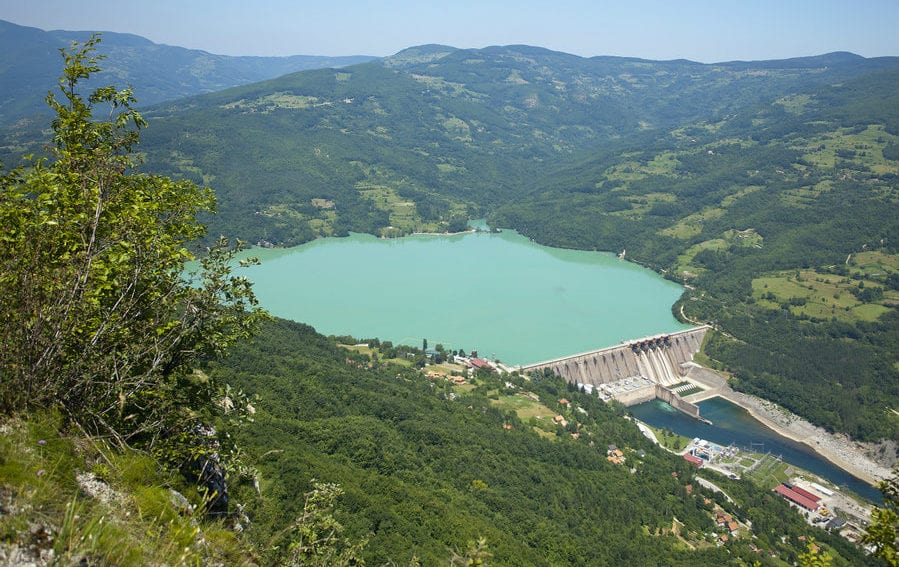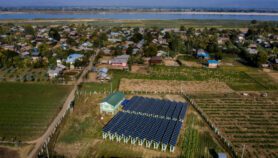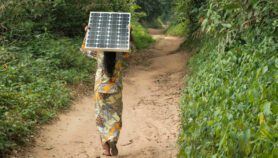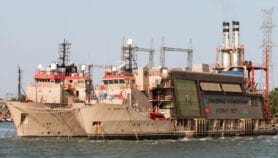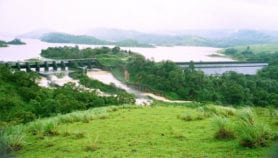Send to a friend
The details you provide on this page will not be used to send unsolicited email, and will not be sold to a 3rd party. See privacy policy.
In a region where on average more than 60 per cent of electricity is provided by hydropower facilities — in contrast to a less than 20 per cent globally — the future of water availability matters.
So, this issue dominated the second day of the Conference for Latin America and the Caribbean (LAC): Developing, linking and applying climate knowledge, organised by the World Climate Research Programme (WCRP) that took place in Montevideo, Uruguay last week (17-21 March).
The idea that emerged was to create a “new climate knowledge” for the hydropower sector, one that would help protect hydropower projects from future climate variability, said Sebastian Vicuña, researcher at the Interdisciplinary Center for Global Change at the Pontificial Catholic University of Chile.
Hydropower relies on water, a resource closely affected by climate, and thus it is likely to suffer from the potential impacts of climate variability and climate change, Vicuña said.
“If the climate deviates significantly from these conditions there could be potential stresses in already water-tight systems.”
Sebastian Vicuña, Interdisciplinary Center for Global Change
He told SciDev.Net that many projects still assume a non-changing climate, basing their operation on climate data from 50 to 100 years ago.
But he stressed that climate change has made such assumptions less relevant and this has implications for how hydroelectric systems are operated or developed.
“If the climate deviates significantly from these conditions there could be potential stresses in already water-tight systems,” he says. “We need to see what climate information is now required for the proper operation of this type of energy.”
“If climate has caused changes in this logic [of how hydropower projects operate], we must modify the criteria and open the possibility of re-evaluating it for shorter periods of 30 years, for example,” said Vicuña.
We must “recognise the uncertainty of how the weather is going to be in the future,” and think about short-term models, with scales in years or a few decades when designing hydropower projects. “This is climate informing public policy,” he said.
Soroosh Sorooshian, director of the Center for Hydrometeorology and Remote Sensing (CHRS) at University of California, Irvine, in the United States, agreed with this approach.
“At least three factors place special stresses and additional uncertainties on planning and development of water resources.” One of them is regional uncertainty resulting from global climate change and the resulting occurrence of more severe events, such as floods and droughts.
The other two factors are rapid population growth in many regions of the developing world, and growth in economic prosperity and access to modern amenities resulting in higher water consumption rates.
As the international climate talks go to Latin America, Peru, later this year, it will be interesting to see if and how this idea is developed further.


